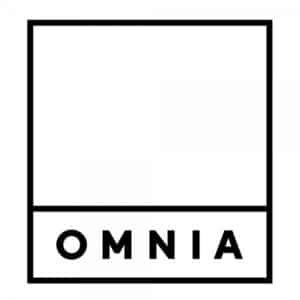META-COIN – META-COmpetences for INternational Working Environments
Developing an optional training path and online material of future meta-skills, international and multicultural skills.
Grant Agreement Number: 2022-1-FI01-KA220-VET-000086285
Funded by: Erasmus+ Duration: 01/11/2022 – 31/10/2025

Challenge
As a result of the globalisation of the labour market and demographic changes, working environments diversify. Future workers will need new meta-skills to cope and include in multiplied work environments. Meta-skills are particularly important to help people adapt to change. This brings increasingly added value for businesses regardless of their size, capacity and internationalisation. However, what is not very common is that Meta-skills are largely undeveloped and quite unrecognised formally during recruitment. As companies aim to provide innovative solutions to businesses, we clearly think that meta-skills will form the next decade of working and this motivates us towards developing these skill competences. Globally, Meta-skills are recognised as timeless, higher order skills that promote success, and provide learners with greater employability skills, which is a catalyst for learning new skills faster. Although Meta-Skills are relatively new globally it has been recognised that they need to be embedded in employability training, both off-the-job and on-the -job training, for learners through vocational training on work-experience.
Innovation
The META-COIN project aims to develop an optional training path and online material of future meta-skills, international and multicultural skills. Its innovation lies in highlighting this new need of meta-skills, intercultural skills and competence. Project training will provide trainees with the skills to further develop and describe their META-Skills journey using a reflective practice based upon their training pathway.
Action
Outputs
📄 Leaflet – English
📄 Leaflet – Finnish
📄 Leaflet – French
📄 Leaflet – German
📄 Leaflet – Hungarian
📄 Leaflet – Italian

European Commission’s support for the production of this content does not constitute an endorsement of the contents, which reflect the views only of the authors, and the Commission cannot be held responsible for any use which may be made of the information contained therein.
Project Partners








